Table of Contents
- Introduction
- Benefits of Vegan Protein
- Drawbacks of Vegan Protein
- Benefits of Whey Protein
- Drawbacks of Whey Protein
- Comparison of Vegan Protein and Whey Protein
- Conclusion
Introduction
In the realm of protein supplements, the debate between vegan protein and whey protein continues to intrigue fitness enthusiasts and health-conscious individuals alike. This article explores the advantages and disadvantages of each type, providing insights to help you make an informed choice for your nutritional needs.
Benefits of Vegan Protein
Vegan protein, derived from plant sources such as peas, hemp, and rice, offers numerous benefits. It is often hypoallergenic, easily digestible, and supports sustainable agriculture. Furthermore, vegan protein powders often contain essential nutrients like fiber, antioxidants, and healthy fats, providing a holistic approach to your protein supplementation.
Vegan protein has gained significant popularity in recent years as an alternative to whey protein. Here are some compelling reasons why vegan protein is considered better:
1. Plant-Based and Cruelty-Free
Vegan protein is derived from plant sources such as peas, hemp, rice, or soy. Unlike whey protein, it is cruelty-free as it does not involve any animal by-products. Choosing vegan protein contributes to a more ethical and sustainable lifestyle.
2. Allergen-Friendly
Many people suffer from lactose intolerance or dairy allergies, making whey protein unsuitable for them. Vegan protein offers an allergen-friendly alternative, free from lactose and common allergens, making it easily digestible and suitable for a wider range of individuals.
3. Lower in Saturated Fat and Cholesterol
Vegan protein is naturally low in saturated fat and cholesterol compared to whey protein. It helps in maintaining heart health and reduces the risk of developing cardiovascular diseases. Additionally, it aids in weight management by promoting a healthier lipid profile.
4. Rich in Fiber and Nutrients
Many plant-based proteins, such as peas and hemp, are rich in fiber. Vegan protein provides essential nutrients, vitamins, and minerals that are beneficial for overall health and well-being. It supports digestion, improves gut health, and boosts the immune system.
5. Sustainable for the Environment
Producing vegan protein has a lower environmental impact compared to whey protein. Raising animals for dairy products contributes to greenhouse gas emissions, deforestation, and water pollution. Choosing vegan protein helps reduce the carbon footprint and promotes a more sustainable food system.
In conclusion, vegan protein offers various advantages over whey protein, including its plant-based nature, allergen-friendliness, lower saturated fat and cholesterol content, nutritional value, and positive impact on the environment. Consider incorporating vegan protein into your diet for a healthier, more sustainable lifestyle.
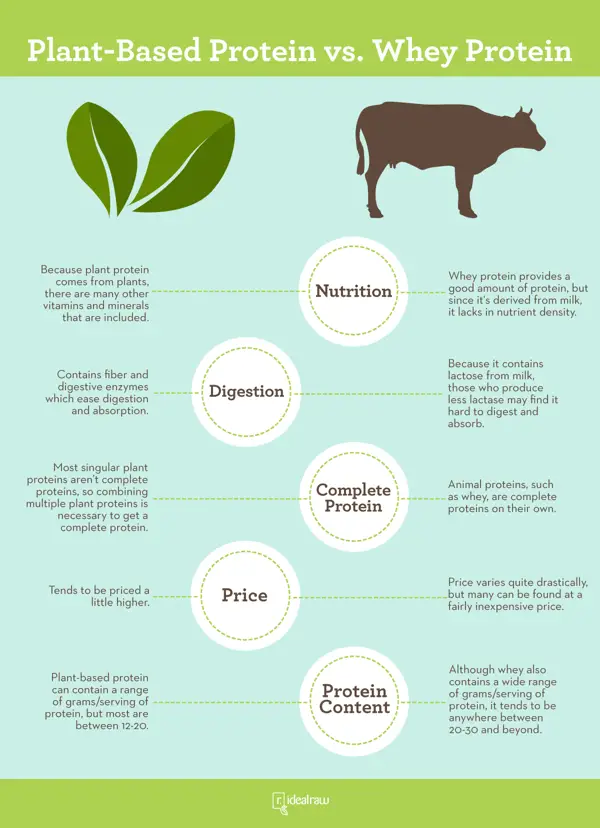
Drawbacks of Vegan Protein
Despite its advantages, vegan protein can sometimes lack certain essential amino acids found in whey protein. This can be mitigated by combining different plant-based protein sources to achieve a complete amino acid profile. Additionally, vegan protein powders may have a slightly grainy or gritty texture compared to their whey counterparts, which can impact taste and overall consumer experience.
Vegan protein has gained popularity in recent years as an alternative to whey protein, especially among individuals following a plant-based or vegan diet. While vegan protein offers several benefits, it also comes with some drawbacks when compared to whey protein.
1. Limited amino acid profile
Vegan protein sources, such as pea, rice, or hemp, often lack certain essential amino acids that are abundant in whey protein. This can result in an incomplete protein source, meaning it does not contain all the essential amino acids required by the body.
2. Lower bioavailability
Whey protein has a higher bioavailability compared to most vegan protein sources. Bioavailability refers to the ease with which the body can absorb and utilize the protein. Whey protein is more readily absorbed and utilized by the body, making it an efficient protein source.
3. Less leucine content
Leucine is an essential amino acid that plays a crucial role in muscle protein synthesis and recovery. Vegan protein sources typically have lower leucine content compared to whey protein. This may have implications for muscle growth and repair.
4. Taste and texture
Many vegan protein powders have a grainier or chalkier texture compared to whey protein powders. The taste of vegan protein powders may also vary and might not appeal to everyone's preferences.
5. Cost
In general, vegan protein powders tend to be more expensive than whey protein powders. The cost of vegan protein production, especially if it uses organic and ethically sourced ingredients, can be higher, reflecting in the price of the final product.
Vegan protein is a suitable option for those following a plant-based or vegan diet, as it provides an alternative protein source. However, it's important to consider the drawbacks of vegan protein, such as the limited amino acid profile, lower bioavailability, less leucine content, taste and texture variations, and potentially higher cost compared to whey protein. Ultimately, the choice between vegan protein and whey protein depends on individual preferences, dietary restrictions, and fitness goals.

Benefits of Whey Protein
Whey protein, derived from milk, offers a complete amino acid profile, making it highly effective for muscle building and recovery. It is quickly absorbed by the body, promoting faster post-workout recovery and improved muscle synthesis. Furthermore, whey protein powders often have a smoother texture and a wider range of flavor options, making them more palatable to many individuals.
1. Whey Protein
Whey protein is a highly popular and effective source of protein for those seeking to improve their athletic performance, build muscle, or support their overall health and well-being. Here are some key benefits of whey protein:
- Rich in essential amino acids: Whey protein contains all nine essential amino acids necessary for protein synthesis and muscle repair.
- Fast-absorbing: Whey protein is quickly digested and absorbed by the body, making it an ideal post-workout protein source for promoting muscle recovery.
- Muscle growth and repair: Whey protein helps stimulate muscle protein synthesis, leading to increased muscle growth and faster recovery from exercise-induced muscle damage.
- Weight management: Including whey protein in your diet can help increase feelings of fullness, reduce appetite, and support weight loss or weight maintenance goals.
- Immune system support: Whey protein contains bioactive compounds that can help enhance the body's immune system function.
2. Vegan Protein
Vegan protein, derived from plant sources, has gained significant popularity in recent years, especially among individuals following a plant-based or vegetarian lifestyle. While vegan protein lacks some essential amino acids found in whey protein, it still offers numerous benefits:
- Plant-based protein sources: Vegan protein is sourced from various plants like peas, soy, hemp, and brown rice, providing a range of essential amino acids and nutrients.
- Heart-healthy: Vegan protein sources are generally low in saturated fats, making them a heart-healthy choice for those concerned about cardiovascular health.
- High fiber content: Many vegan protein sources are rich in dietary fiber, which aids digestion, promotes regular bowel movements, and helps maintain gut health.
- Lower allergenic potential: Vegan protein may be a suitable alternative for individuals with lactose intolerance or milk protein allergies.
- Environmental sustainability: Choosing vegan protein can have a lower environmental impact, as it reduces greenhouse gas emissions and minimizes reliance on animal agriculture.
In conclusion, both whey protein and vegan protein have their own unique benefits. The choice between the two depends on individual dietary preferences, lifestyle, and specific fitness goals.
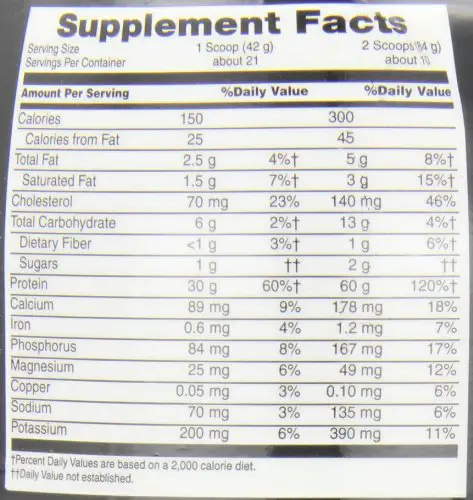
Drawbacks of Whey Protein
Despite its popularity, whey protein may not be suitable for those with lactose intolerance or dairy allergies. Some individuals may experience digestive discomfort or bloating after consuming whey protein due to its lactose content. Additionally, whey protein is not suitable for vegans or those following a strict plant-based diet.
While whey protein is widely used and has several benefits, it also comes with a few drawbacks that should be considered:
1. Dairy Allergies or Intolerances
Whey protein is derived from milk, making it unsuitable for individuals with dairy allergies or lactose intolerance. Consuming whey protein can lead to allergic reactions such as skin rashes, hives, digestive issues, or even anaphylaxis in severe cases.
2. Digestive Disturbances
Some people may experience digestive disturbances like bloating, gas, or upset stomach after consuming whey protein. This could be due to the lactose content in whey, which can be difficult for some individuals to digest.
3. Hormonal Imbalances
Whey protein is known to stimulate the production of insulin-like growth factor-1 (IGF-1), a hormone that promotes cell growth and division. Excessive intake of whey protein, especially in combination with high insulin levels, may disrupt hormonal balance in the body.
4. Environmental Impact
Whey protein production is associated with a significant environmental impact. The process of extracting whey from milk requires large amounts of water and energy, contributing to water scarcity and greenhouse gas emissions.
Vegan protein offers numerous benefits when compared to whey protein:
1. Suitable for Various Dietary Restrictions
Vegan protein is plant-based and free from any animal-derived ingredients, making it suitable for vegans, vegetarians, and those with dairy allergies or lactose intolerance.
2. Easier Digestion
Vegan protein sources like pea, hemp, or brown rice protein tend to be easier to digest compared to whey protein. They contain less lactose and are generally more gentle on the stomach, reducing the risk of digestive discomfort.
3. Reduced Hormonal Disruption
Vegan protein powders typically do not stimulate IGF-1 production to the same extent as whey protein. This helps in maintaining a healthier hormonal balance without the potential side effects of excessive growth factor stimulation.
4. Lower Environmental Impact
Plant-based proteins have a significantly lower environmental footprint compared to whey protein. Their production requires fewer resources and generates fewer greenhouse gas emissions, making them a more sustainable choice.
Ultimately, the choice between whey protein and vegan protein depends on individual dietary preferences, restrictions, and goals. Consulting with a healthcare professional or registered dietitian can help in determining the best protein option for your specific needs.
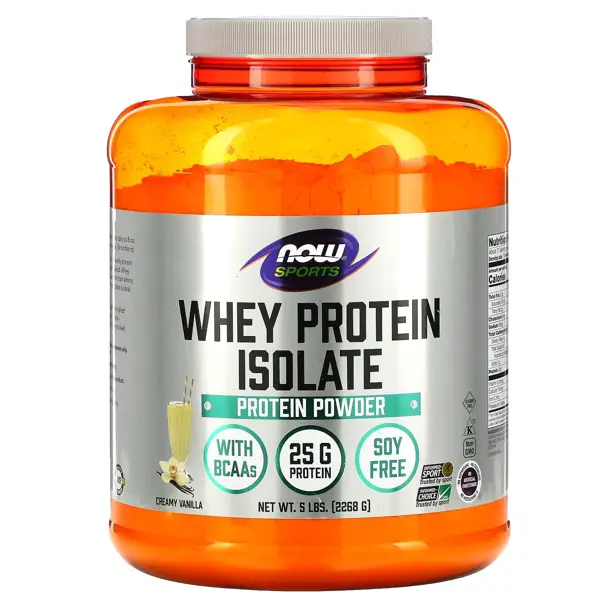
Comparison of Vegan Protein and Whey Protein
When comparing vegan protein and whey protein, factors such as personal dietary restrictions, desired taste, and nutritional goals must be considered. Vegan protein may be the ideal choice for individuals looking for a plant-based alternative, whereas whey protein may be more suitable for those seeking rapid muscle recovery and a broader flavor selection.
When it comes to choosing the right protein supplement for your diet, the debate between vegan protein and whey protein has become increasingly popular. While both options offer a range of benefits, it ultimately depends on your personal preferences, dietary restrictions, and fitness goals.
Vegan Protein:
Vegan protein supplements are derived from plant sources such as peas, rice, hemp, or soy. They are considered an excellent choice for individuals following a vegan or vegetarian lifestyle, as they are free from animal products. Vegan protein powders are known to be easily digestible and may support weight loss, muscle growth, and overall health due to their lower saturated fat and cholesterol content.
Whey Protein:
Whey protein, on the other hand, is derived from milk. It contains a complete amino acid profile and is easily absorbed by the body. This makes it a popular choice among athletes and fitness enthusiasts for promoting muscle recovery, strength gain, and overall performance improvement. However, whey protein may not be suitable for those with lactose intolerance or milk allergies.
Which is Better?
The question of whether vegan protein is better than whey protein is subjective and dependent on individual needs. Vegan protein offers a viable option for those following a plant-based diet or those with lactose intolerance or milk allergies. It provides similar benefits to whey protein in terms of supporting muscle growth and recovery, but with the added advantage of being free from animal products.
However, whey protein is often considered the gold standard in protein supplementation due to its complete amino acid profile and high bioavailability. It may be more effective in promoting muscle synthesis and enhancing athletic performance.
The Verdict:
In conclusion, both vegan protein and whey protein have their own advantages and can be effective in meeting protein requirements. If you have dietary restrictions or prefer plant-based options, vegan protein can be a suitable choice. If you are not limited by such restrictions and prioritize performance gains, whey protein may be more suitable for your needs.
Ultimately, it is important to consider your specific goals, lifestyle, and dietary preferences when making a decision about protein supplementation.
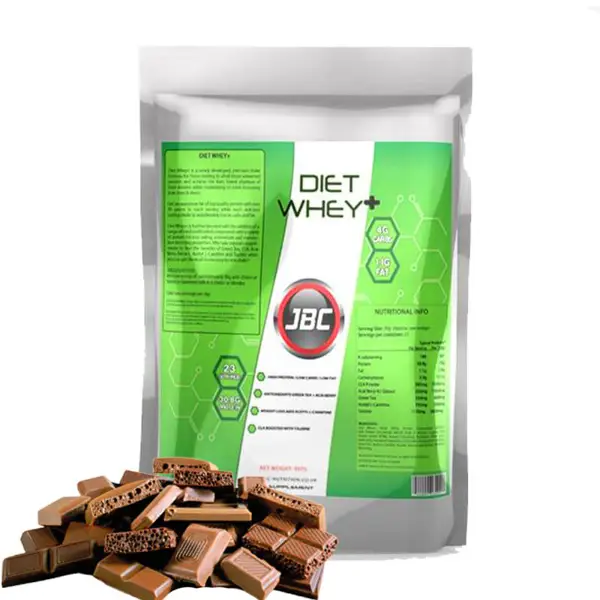
Conclusion
In conclusion, the choice between vegan protein and whey protein depends on individual preferences, dietary needs, and health goals. Both protein sources have their own unique advantages and drawbacks, so it is essential to evaluate them carefully before making a decision.
Key Takeaways
- Vegan protein is hypoallergenic, easily digestible, and environmentally sustainable.
- Whey protein offers a complete amino acid profile and is rapidly absorbed by the body.
- Vegan protein may lack certain essential amino acids and can have a slightly grainy texture.
- Whey protein may cause digestive issues for those with lactose intolerance or dairy allergies.
- Consider personal dietary restrictions, taste preferences, and fitness goals when choosing between the two.
FAQ
- Q: Is vegan protein suitable for building muscle?
- A: Yes, vegan protein can be an effective muscle-building option when combined with a well-rounded plant-based diet and proper exercise.
- Q: Can I use whey protein if I am lactose intolerant?
- A: Individuals with lactose intolerance may experience digestive discomfort after consuming whey protein. Consider lactose-free protein options or alternatives if lactose intolerance is a concern.
- Q: Which protein powder is better for weight loss?
- A: Both vegan protein and whey protein can support weight loss goals when consumed as part of a balanced diet and exercise routine. Choose the protein powder that aligns with your dietary preferences and goals.
- Q: Are vegan protein powders less effective than whey protein powders?
- A: Vegan protein powders can be just as effective as whey protein powders when they provide a complete amino acid profile and are consumed in appropriate amounts.
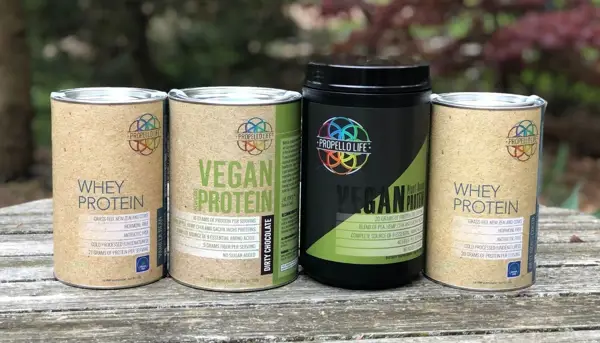


Recent Comments